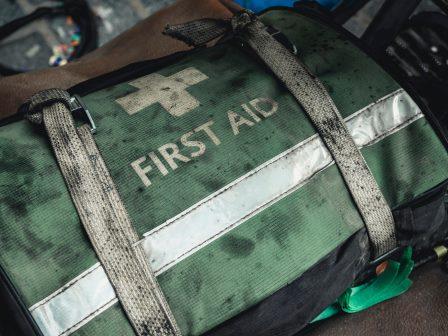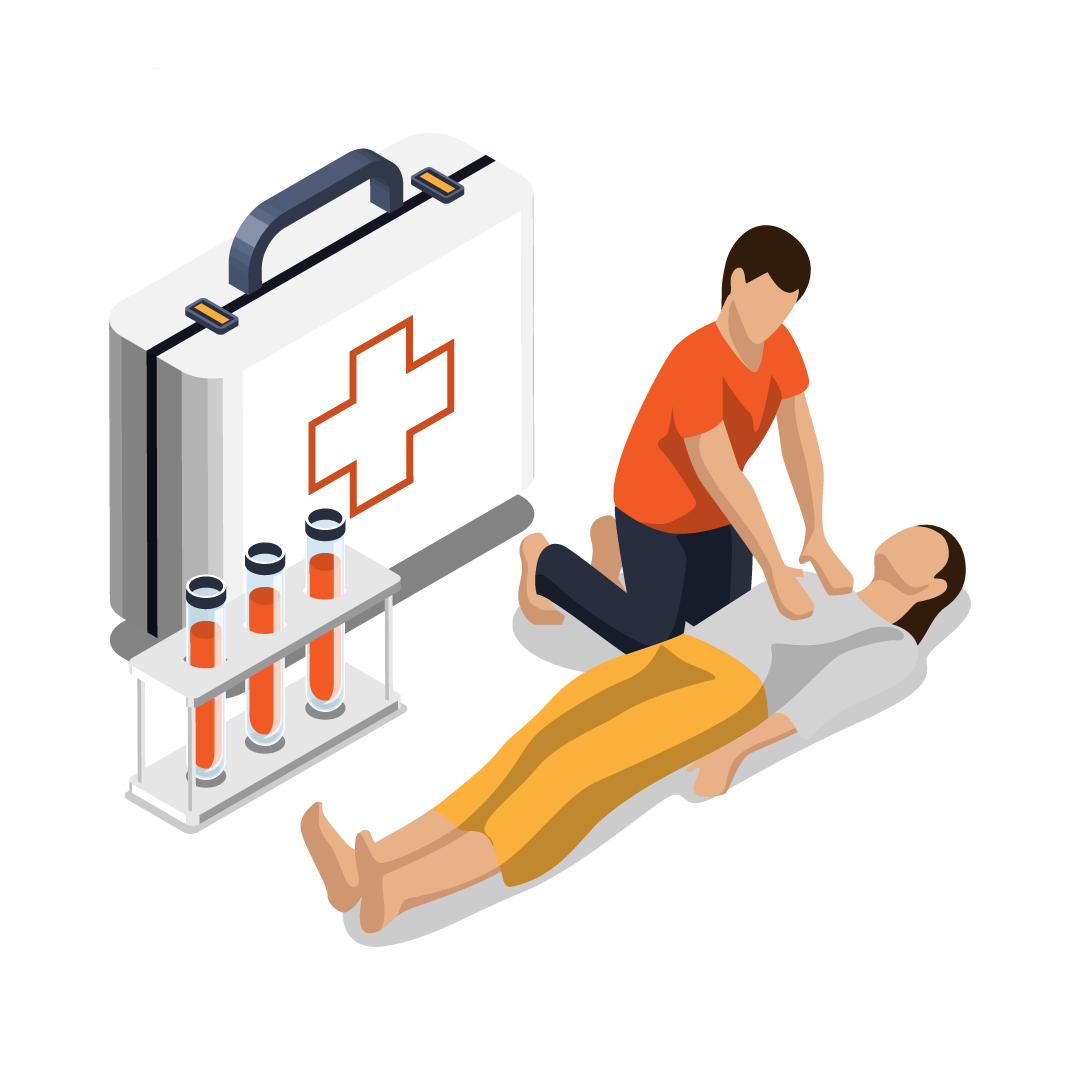
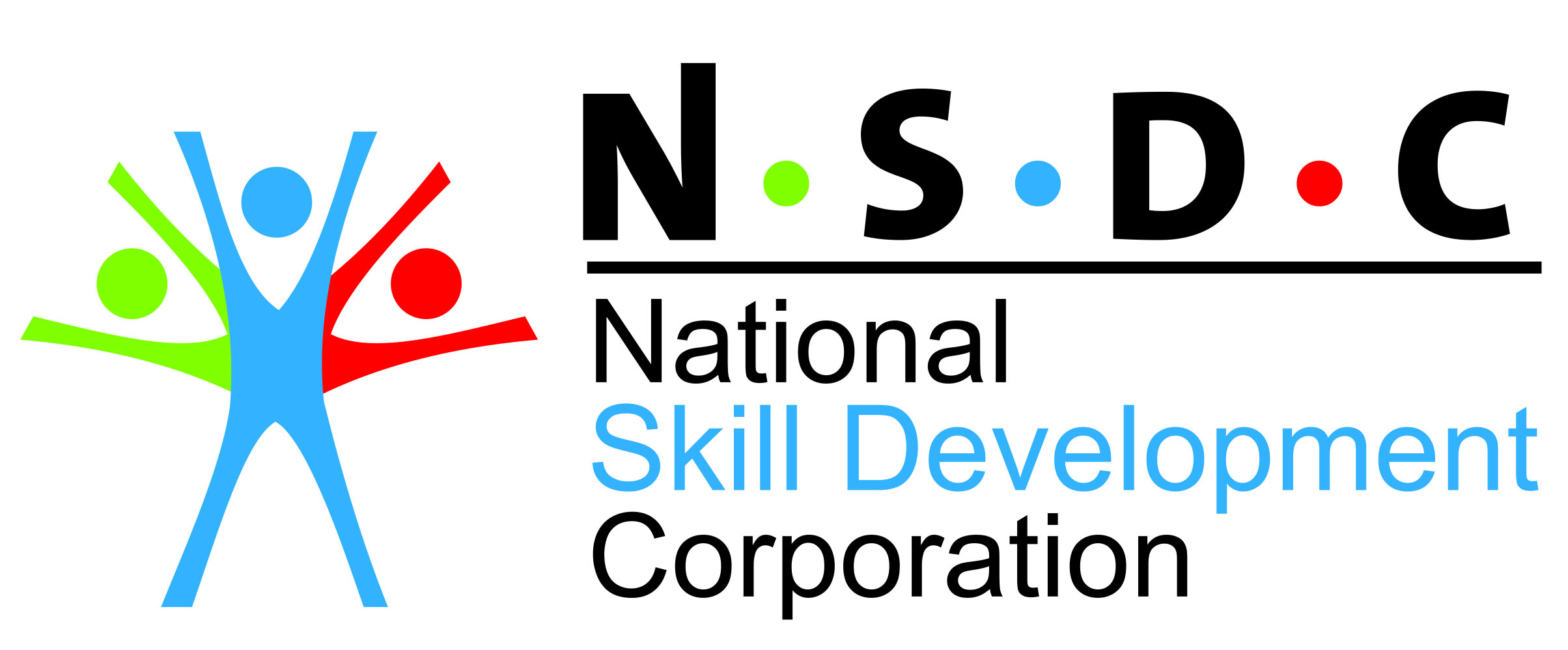

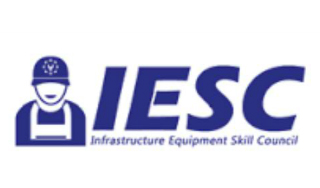
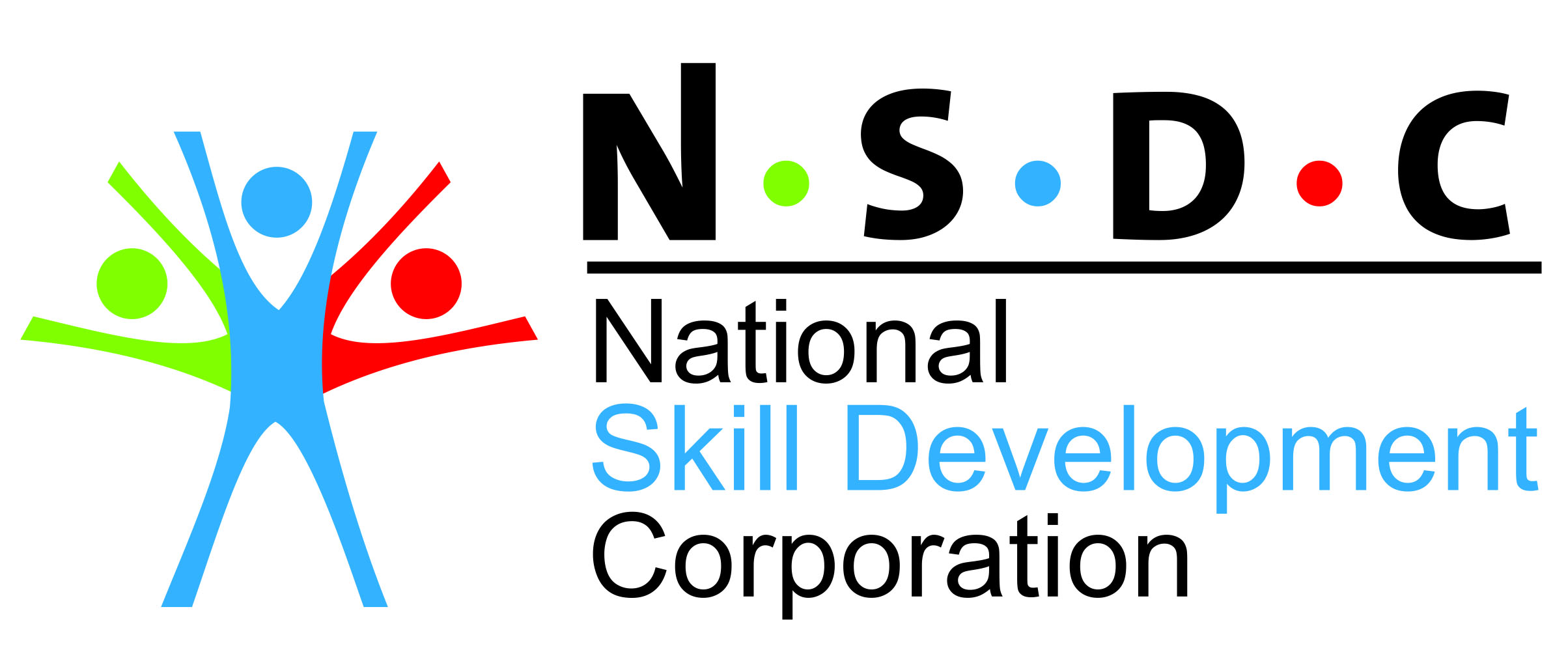
Covers essential first aid techniques you need to know to save your loved ones and others in emergencies. When you learn first aid, you will be able to assist others in need. Our first aid certification training will teach you how to react to certain scenarios, allowing you to care for individuals in distress until medical experts arrive. This provides them the greatest chance of a happy result.

Introduction:
At any moment, you or someone around you could experience an
injury or illness. Using basic first aid, you may be able to stop a minor
mishap from getting worse. In the case of a serious medical emergency, you may
even save a life.
That’s why it’s so important to learn basic first aid
skills. To build on the information you learn here, considering taking a first
aid course.
Learning
Outcomes of First Aid & Basic Life Support
Candidates will be able to assess situations and
circumstances in order to provide First Aid safely, promptly and effectively in
a range of emergencies, such as:
·
administering first aid to an adult casualty who
is unconscious (including seizure).
·
administering cardiopulmonary resuscitation to
an adult, including using an AED.
·
administering first aid to an adult casualty who
is choking.
·
administering first aid to an adult casualty who
is wounded and bleeding.
·
administering first aid to an adult casualty who
is suffering from shock.
·
providing appropriate first aid for minor
injuries (including small cuts, grazes and bruises, minor burns and scalds,
small splinters).
Who can take the First Aid &
Basic Life Support?
Intended for individuals who are not healthcare providers or
professional rescuers but desire, or are required, to be certified in basic
emergency medical care.
Benefits of First Aid & Basic
Life Support
At the end of the course, participants will learn to
administer first aid to an adult casualty with:
·
injuries to bones, muscles and joints, including
suspected spinal injuries
·
chest injuries
·
burns and scalds
·
eye injuries
·
sudden poisoning
·
anaphylactic shock
| Training Mode | Instructor-led /Online/e-Learning |
|---|---|
| Learning Partner | CESL |
| Subject | Industrial Safety Training |
| Prerequisites | None |
| Level | Beginner |
| Language | English |
